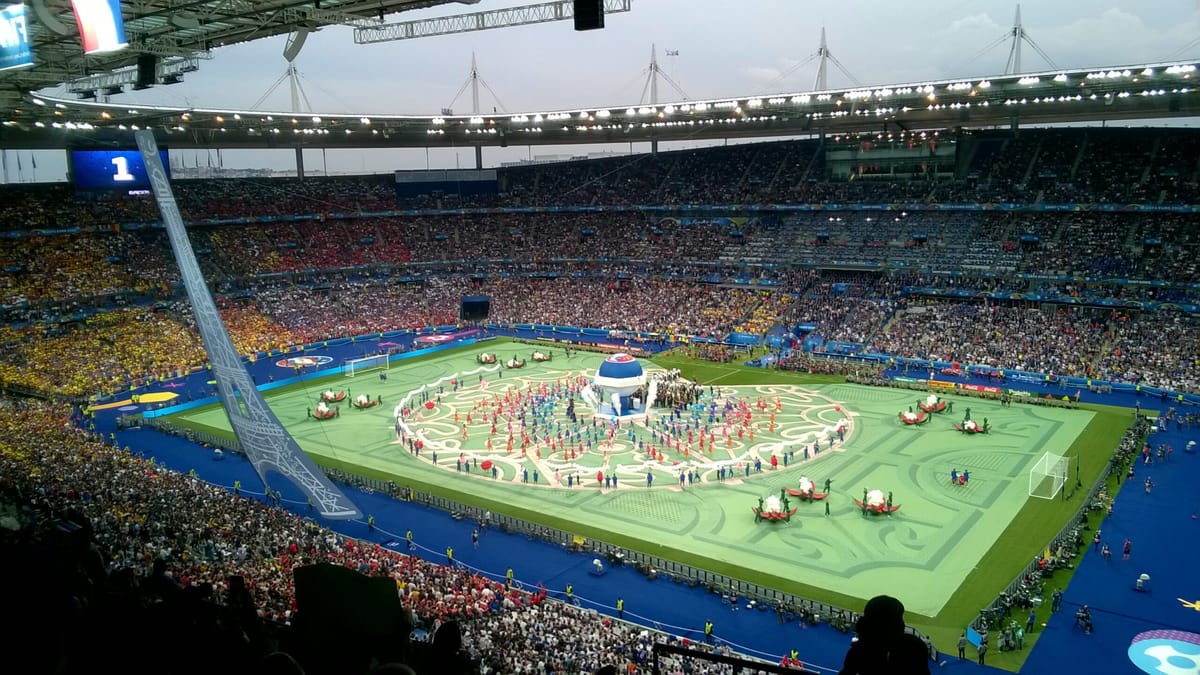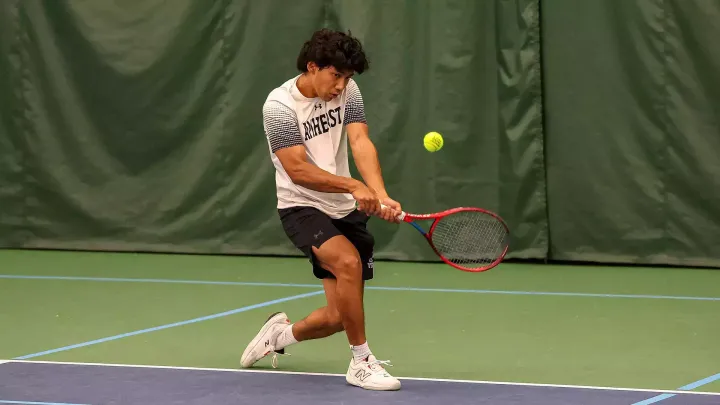Euro 2021 Will Show a New-Look Europe – But Will It Help Mend Racial Divides?

One of the first major international footballing casualties of the Covid-19 pandemic was the postponement of the European Championships from 2020 to 2021. While many details of the Euros have yet to be hammered out, including finding a host, the competition is still highly anticipated across the world. Not only will the tournament feature many of the 2022 World Cup favorites, but it will also showcase a new generation of European talent ready to dominate on a continental stage.
Beyond their talent on the field, what is notable about the Euro players is that many of them are Black. The last rendition of the Euros featured many dominant Black players — the winning goal in the final was scored by Black Portuguese player Éder Militão, a goal that secured victory over the mostly-Black French team. But this season’s tournament will have more Black players who are the face of their team, and therefore, the face of their country.
Take the French, whose best player in the 2016 tournament was white forward Antoine Griezmann. There is no doubt that Griezmann is still a talented player, but the torch has already been passed to Black 22-year-old sensation Kylian Mbappé, who is already one of the best players on the continent.
The same is true for the German national team, whose best attacking talent is Leroy Sané, born in Essen to a German mother and Senegalese father. The best player for the Netherlands is Virgil Van Dijk, born to a Dutch father and Surinamese mother, while one of England’s most promising young players is Jadon Sancho, whose parents came from Trinidad and Tobago. Spain’s best young prospect, eighteen-year-old Ansu Fati, was born in Guinea-Bissau but moved to Spain at age six and became the nation’s youngest ever goal scorer in the fall of 2020.
The changing racial make-up of European national teams is one of the most visible legacies of nineteenth and twentieth-century colonialism. A remarkable 87 percent of the French team that won the 2018 World Cup was either immigrants or the children of immigrants, which sparked conversations over whether France had won the World Cup or “Africa” had.
This debate was not limited to Twitter spats or complaints in bars, either; French ambassador to the United States Gérard Araud wrote a letter to South African-born comedian Trevor Noah, who had joined the chorus of voices saying “Africa won the World Cup,” in which Araud wrote that “This, even in jest, legitimises the ideology which claims whiteness as the only definition of being French.” Araud also pointed out that Noah’s argument, made in support of the players’ African origins, mirrored claims made by white nationalists that Black players like Paul Pogba and N’golo Kanté are not truly “French.”
With anti-immigrant sentiment across Europe rising, nationalist racial politics will certainly spill over onto the pitch at a time where the sport is struggling to determine how best to take a stand against racism. Black players have become increasingly disenchanted with the tactic of taking a knee before games, which they see as nothing more than a symbolic gesture that fails to actualize any real change.
Having Black players in star roles at Euro 2021 might seem like an opportunity to make real inroads in combating ethno-nationalism across Europe. Football can serve as a microcosm for the nation, showing players of all racial backgrounds working together to represent their country. Similarly, with Black players like England’s Marcus Rashford, the Netherlands’ Virgil Van Dijk or France’s Kylian Mbappé serving as the faces of their respective nations, there will be a positive image of Black leadership on a European stage.
Yet these aspirations carry with them the unavoidable burden of reality. The 2018 France squad showed that even winning the World Cup is not enough for many critics, who see racial identity as an insurmountable opposition to French-ness, even if you win the sport’s greatest prize with a French flag on your shirt.
If teams fail to perform, the backlash is even worse. As former German star Mesut Özil, whose family is Turkish, told reporters upon quitting the German national team, “I am German when we win, an immigrant when we lose.”
This is the inescapable double bind that Black footballers face. Win, and you win for “Africa”, lose, and you lose for “Europe.” With more and more Black players breaking into European teams this summer, this double bind will be on display for the whole continent to see. Even if the winning country does so on the back of Black stars, they will leave in their wake a slew of other nations’ defeated Black players left to face ostracization and rebuke.
Football should not be make-or-break for the fight against racism in Europe. Similarly, Black Europeans should not have their loyalty to their country or their acceptance be based on their performances on the football pitch. But public opinion does not work along the lines of “should.” With the added dimension of Covid, Euro 2021 will be a tournament where the political and societal storylines might outweigh the football. It will be important to remember that while increased representation of Black footballers at the Euros is a good thing, it cannot be seen as a solution to racism in football or in society.



Comments ()